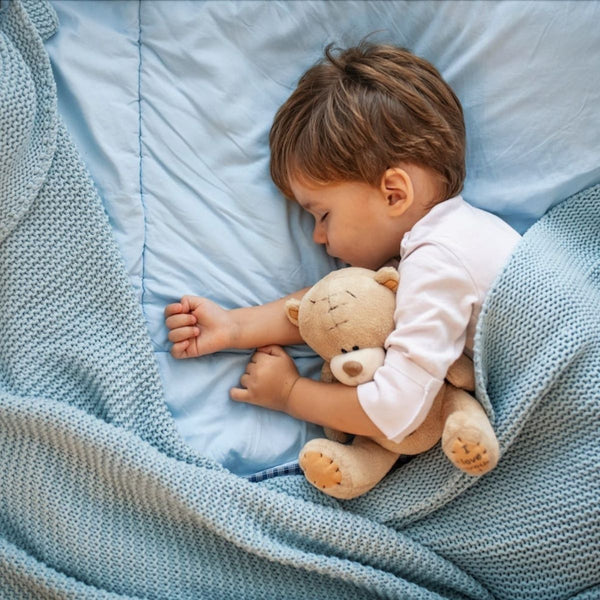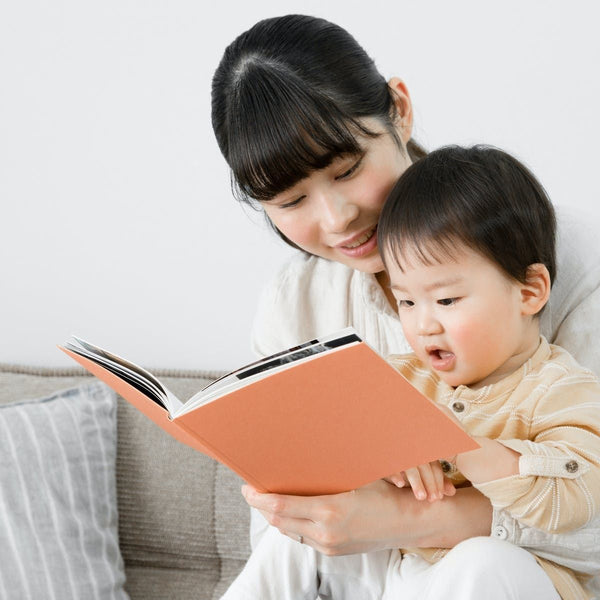Should You Worry About Your Baby’s Rashes?
Newborn skin is still sensitive and soft which is why it’s prone to rashes. Good thing is most of those rashes will go away on their own after weeks (and sometimes months). Most of the rashes are just normal, harmless and nothing to worry about.
When to worry and call a doctor
But if your baby has a rash and you notice any of the following, call or visit a doctor right away:
- Your baby has unusually cold hands and feet
- Your baby is bothered by light
- You notice your baby is shaking uncontrollably
- Your newborn has a fever
Most parents still take their babies to the doctor whenever there’s a rash even without those other symptoms mentioned above. After all, self-diagnosis is often unreliable and it’s just hard to know if those rashes are being caused by something serious (e.g. serious infection, meningitis). It’s crucial to act quickly because a one-day delay could lead to something dangerous or even fatal to the baby especially because newborns are still fragile and under rapid development.
Common newborn skin issues
If your baby has a rash and is also unwell and has a fever, take him/her to the doctor right away. But if there’s no fever and you noticed that your baby still behaves normally, it’s good to get familiar with the different baby rashes and other skin issues.
One of the most common rashes in newborns is the appearance of pink pimples which are also known as neonatal acne. They go away after weeks or months and the causes might be far from serious (one potential reason is exposure of the baby to maternal hormones while inside the womb). Another common rash is the erythema toxicum which usually appears in the first few days after birth and usually goes away within a week. It looks like red blotches and bumps which may or may not have a white or yellow dot in the centre. It might be found on the baby’s legs, arms, chest and/or face. The erythema toxicum is pretty normal because up to half of all the newborns usually get this.
Heat rash is also common and may appear as tiny red blisters on the baby’s neck, shoulders, chest, armpits, elbow creases and groin area. Exposure to hot or humid weather is the common cause. The heat rash appears because sweat gets trapped under the baby’s skin and leads to minor inflammation and irritation. No worries about this because it usually goes away on its own after a few days even without treatment. Another common skin issue is the cradle cap which looks like scaly patches of skin (usually found on the newborn’s scalp). Some hair loss and reddish colour are also to be expected. This doesn’t need treatment and may go away after a few months. It will clear up when the baby is about two years old.
Another common skin condition (which happens to around one-third of nappy-wearing babies) is nappy rash. The baby’s skin gets irritated because of the pee and poo in the nappy. Usually there’s no pain or discomfort but severe cases can cause distress to the baby. A nappy rash cream can be applied but if the rash doesn’t go away (often due to fungal infection) and the baby develops persistent red moist rashes (with white or red pimples that have already spread out to the folds of the skin), it’s good to apply an anti-fungal cream as prescribed by the doctor.
Skincare for newborns
Rashes are pretty common and they can appear no matter how we take care of our babies. Good thing is that we can still minimise the occurrences and help our newborns get away from some of the distress and discomfort.
First thing is about protecting your baby from the sun. Sunscreen is a big no especially for babies under six months old. The best protection is to keep your baby away from sunlight especially during high UV times (usually halfway between sunrise and sunset). Stay in the shade as much as possible and cover your baby’s skin with a hat and adequate clothing if you’re expecting to be under the sun for long. This is important not just in preventing heat rash and keeping your baby feeling comfortable, but also for his/her long-term health and preventing serious conditions.
Aside from heat, the outdoors can also be unforgiving to the babies because of the insects, dust and other irritants. It’s good to cover your baby’s skin with loose, long and comfortable clothing. You can also apply an age-appropriate insect repellent (rub it on your hands first, and avoid your baby’s hands and face) if your baby is over two months old. When choosing an insect-repellent, stay away from products that have higher than 30% DEET concentrations.
What about nappy rash? A frequent nappy change is the solution here and keeping the nappy area clean. Keep in mind that the rashes in the nappy area are being caused by pee and poo which is why cleanliness and limiting contact with those nasty things are the things you can easily do. If the nappy rash is persistent, using a medicated cream or an antifungal ointment (as prescribed by the doctor) will be very helpful in dealing with those rashes and keeping your baby comfortable as well.
Baby rashes and other skin issues are often caused by irritants and harsh physical surfaces (including clothes). The new clothes might have still dust and commercial detergents on them and these can irritate your baby’s sensitive skin. It’s good to wash the new baby clothes before your newborn wears them. When washing, it might be good to do it separately from your clothes because your dirty clothing might have picked up something from the outside or from work. It’s also good to avoid scented washes because these may contain irritants.
Your baby’s skin and overall health
Your baby is still adapting to this harsh outside world and the foreign threats and irritants can easily react with your baby’s skin.
In most cases there’s nothing to worry about because most rashes will go away on their own even without treatment. But if you noticed that your baby is unwell and has a fever, call or take your baby to the doctor right away.
This is a crucial period for your baby because he/she is under rapid brain and physical development. Serious early illnesses and infections can actually jeopardize your child’s overall health and long-term future. It’s always a good advice to consult the doctor whenever there’s a concern and whenever you have doubts. This way, your baby will stay healthy and there’s not much to stop him/her from growing and developing properly.







